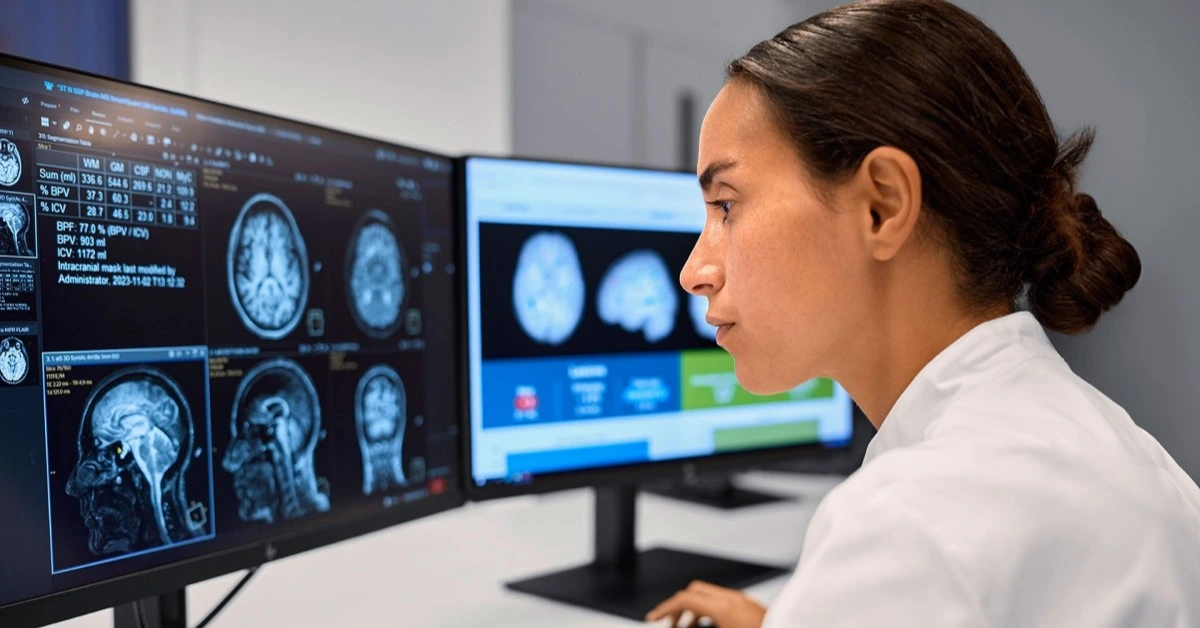
NETHERLANDS – Philips and the Mayo Clinic have joined forces in a cutting-edge research collaboration to integrate artificial intelligence (AI) into cardiac MRI imaging.
This partnership aims to reduce exam times, streamline workflows, and enhance operational efficiency for radiologists.
By combining Philips’ technological expertise with Mayo Clinic’s proprietary AI and medical insights, the two organizations seek to address critical challenges in cardiac imaging.
MRI, a valuable diagnostic tool for conditions like congenital heart disease and heart muscle disorders, often faces hurdles such as high costs and limited availability.
Philips emphasizes that cardiac MRI, though highly effective, can be particularly taxing for patients.
Complex exams can take over an hour, causing stress for individuals who experience claustrophobia, difficulty remaining still, or trouble holding their breath during scans.
“We’re applying AI at every stage of the cardiac MRI process to improve the patient experience, expand access, and deliver accurate diagnostic results,” said Ioannis Panagiotelis, Ph.D., business leader of MRI at Philips.
He also highlighted that these advancements will ease the workload on healthcare professionals and allow less experienced radiographers to manage complex cardiac MRI procedures.
The collaboration also explores the potential of Philips’ lower-field-strength MRI systems, designed to accommodate a broader range of applications.
These systems provide safer imaging solutions for patients with implants sensitive to high magnetic fields, such as pacemakers, and make MRI installations viable in more locations.
Expanding AI initiatives
This partnership is part of Philips’ broader push to advance AI in healthcare. Recently, the company announced two other AI-focused collaborations.
In partnership with icometrix, Philips aims to enhance MRI brain scan analysis for conditions such as Alzheimer’s and multiple sclerosis by developing end-to-end AI-driven solutions for acquiring, reading, and reporting scan results.
Additionally, Philips expanded its collaboration with Amazon Web Services (AWS) to bring its diagnostic imaging solutions—including radiology, cardiology, and digital pathology—to the cloud.
This initiative seeks to unify diagnostic workflows, improve access to critical insights, and enhance outcomes across clinical specialties.
Philips also unveiled its CT 5300 system, designed for advanced cardiac imaging at the Radiological Society of North America (RSNA) 2024 conference.
The AI-equipped scanner compensates for the heart’s motion during scans, delivering clearer images of coronary arteries and reinforcing Philips’ commitment to advancing imaging technology for cardiovascular health.
XRP HEALTHCARE L.L.C | License Number: 2312867.01 | Dubai | © Copyright 2025 | All Rights Reserved